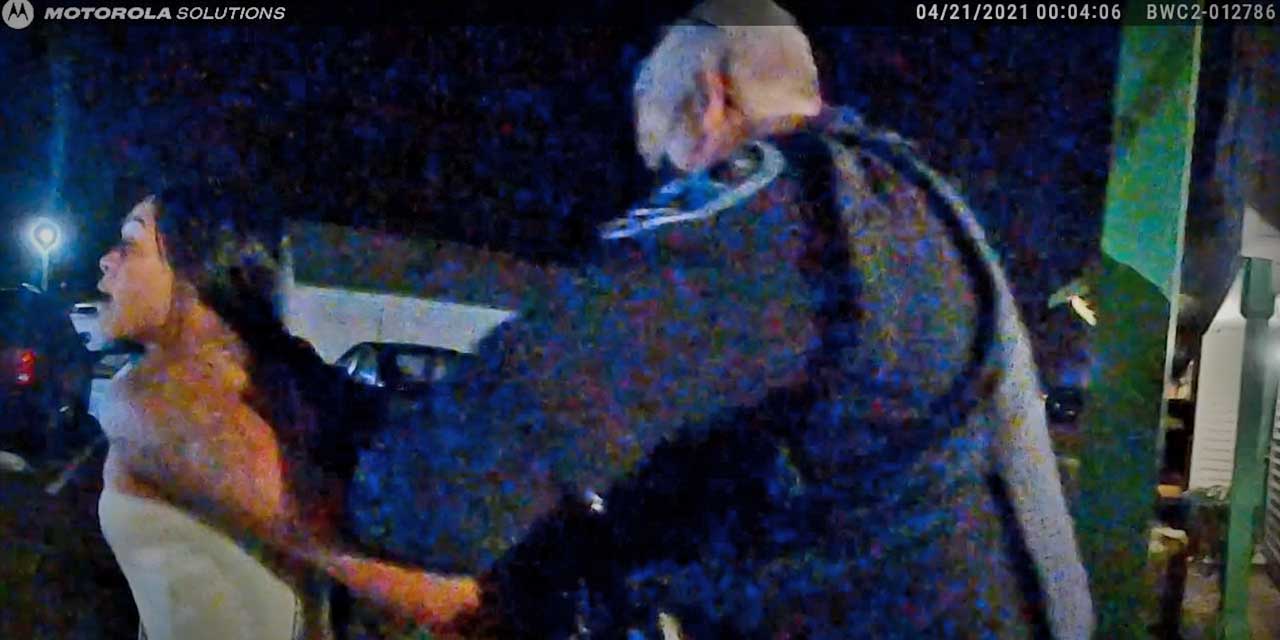By Jack Mayne
The Des Moines City Council on Thursday (July 22, 2021) approved by a vote of 6 to 1 an agreement to lease for five years the equipment and software necessary for the Police Body Worn Camera program.
The lone opponent was Councilmember J. C. Harris, who made no further comment on his objections from the ones he made earlier in the year.
The camera approved is the WiFi Body Camera, which is tagged by its manufacturer as “rugged, simple. wireless” with a body “designed specifically for law enforcement. It’s incredibly rugged.”
Included in the package is sufficient funds for the “purchase and maintenance” of equipment and software for the Police Body Worn Camera program in the city budget for a period of five years. The first year will cost $53,778 and the subsequent four years will cost the city $34,092 per year.
The vendor said “police use of force (UoF) has come under increased scrutiny. Proper application of UoF is paramount for keeping Officers and the public safe. UoF is of the upmost responsibility of a Commissioned Police Officer to ‘maintain the sanctity of life’. Capturing Police interactions with the public on video can provide an objective account when UoF is applied.”
The city said the Des Moines Police have “been on the forefront of police accountability; being one of the first departments in the region to deploy in-car video over 20 years ago. Moving forward the department believes extending video capture to officers in the field with body Worn cameras will maintain the trust critical to ‘Protect and serve’ and will be vital to uphold forthcoming state laws requiring custodial interviews be recorded benefits
“Audio and video recordings enhance this agency’s ability to review probable cause for arrest, officer and suspect interaction, and evidence for investigative and prosecutorial purposes and to provide additional information for officer evaluation and training. The bodycam may also be useful in documenting crime and accident scenes.”
Heat Wave
City Manager Michael Matthias told the Council of “quite a lot” of efforts during the recent hot weather period that he dubbed “a heat event.” On June 25–29, Des Moines experienced temperatures that exceeded 110 degrees. Before the actual heat wave, Matthias said no local churches were actively planning a cooling method for the public before the heatwave.
The city, before the heat struck, purchased 25 cases of bottled water from Lowe’s and the store, when hearing why the city was buying the large amount of water, donated another 25 cases, Matthias said.
Ken Rogers of the Quarterdeck Restaurant took a quantity of bottled water to hand out, and city police cars were given water to distribute.
The city established a cooling station on Sunday of that week at Highline College, Matthias said, which the city staffed on Sunday and Monday.
“I think that shows you the degree off effort and attention and focus that went into the effort to make our community safe,” the city manager said.


